Action-research to foster the employment inclusion of persons with disabilities in Tunisia
Location Governorates of Kasserine, Le Kef and Medenine, Tunisia
Duration 3 years
Project Leader AIFO
Partners Italian Agency for Cooperation Development (AICS), Ministère des Affaires Sociales en Tunisie (MAS), Comité Comité général pour la promotion sociale (CGPS), Coperazione Paesi Emergenti (Co.P.E.)
Funding AICS – Italian Agency for Cooperation Development
Context
In Tunisia, persons with disabilities continue to face systemic challenges that hamper their full participation in society. Despite the nation’s progressive legislative framework advocating for the equal rights and inclusion of this segment, on-ground realities often paint a different picture. The barriers are not just physical but extend to social, educational, and employment fields.
The actual implementation of inclusive policies, especially in the realm of vocational training and employment, remains sporadic. The project “Pour Une Vie Indépendente” aims at bridging the gap between policy and practice, ensuring that persons with disabilities in Tunisia can lead dignified, independent lives.
The objective of the project is to ensure quality, fair, and inclusive education for persons with disabilities by establishing a comprehensive professional training process that fosters the employment inclusion in three Tunisian Governorates: Kasserine, El Kef, and Medenine.
General Objective
The Inclusive Development Unit has been involved by AIFO to carry out two different in depth-studies:
- the Accessibility Audit of Vocational Education and Training centres (VETs)
- the Vocational Skills Self-Assessment (VSA).
Our Contribution
The Accessibility Audit for Vocational Education and Training Centres aims at providing valuable insights to foster recommendations for infrastructural improvements, the incorporation of innovative technologies, and the implementation of teaching methodologies to promote universal access to training courses, as well as to inform the future actions of the project.
For this study, the Inclusive Development Unit collaborated with local Researchers and Institutions in analysing the vocational training landscape, including educational institutions, work environments, and the broader business ecosystem. They studied obstacles and enablers that either hamper or bolster the access to Vocational Education and Training (VETs), as well as to the labour market, for young people with disabilities. The study delved also into the physical accessibility of VETs, the inclusivity of their training programs, and their alignment with local market needs.
To carry out this study, ARCO Researchers trained 3 local researchers with disabilities during a 2-session training. This approach is rooted in the Emancipatory Disability Research [link] action-research methodology that aims at investigating the dynamics of social inclusion and exclusion from the perspective of people who experience specific vulnerabilities.
The findings of the Accessibility Audit will be the starting point for the co-creation of a structured path of training and job placement leading to the development of the Vocational Skills Self-Assessment (VSA). This tool, created and finalized through “training/co-creation” sessions, aims to be a key strategy in guiding internships and ensuring optimal job placements for participants.
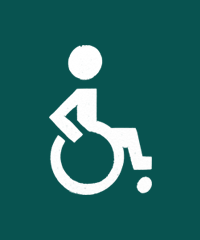 Emancipatory Disability Research, promoting the empowerment of marginalized social groups
Emancipatory Disability Research, promoting the empowerment of marginalized social groups
Read more on the Inclusive Development Unit
Related Projects
-

Action-Research to assess the dimension of the NEET phenomenon in Tuscany
-

Evaluation of the project to improve community awareness and response to gender-based violence in Uganda
-

Research on knowledge, attitude, social norms and practice on reproductive health rights and gender-based violence in Narok county, in Kenya
-

Betting on the Future: Youth and Territory in the Empolese Valdelsa Municipalities
-
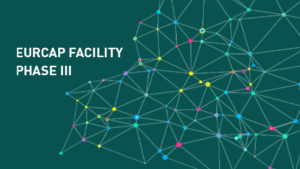
Capacity Building European Facility for the Readmission of Migrants – EURCAP, Final Evaluation
-
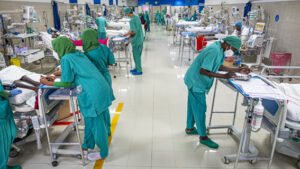
Final evaluation and SROI analysis of the project to train health personnel at the Salam Centre in Khartoum
-

Action-research to foster the employment inclusion of persons with disabilities in Tunisia
-

What Women Want: women’s empowerment and aspirations in SWANA countries.
-

Exploratory research on accessibility of health services in Mozambique
-

Action-Research to foster labour accessibility for young people with disabilities in Kenya
-
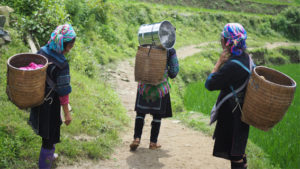
Evaluation of the project that aims to improve the health of the most vulnerable in Myanmar
-
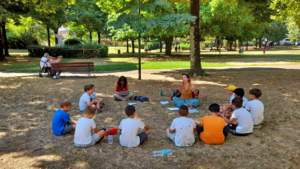
Action-Research for the Global Boyhood Initiative on stereotypes, gender roles and bullying
-
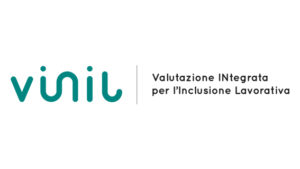
VINIL – employability assessment for persons with disabilities
-

Food Wave, Monitoring the project that promotes sustainable food consumption among young Europeans
-

Nothing About Us Without Us: Emancipatory Research and Strategic Plan on disability in Palestine
-
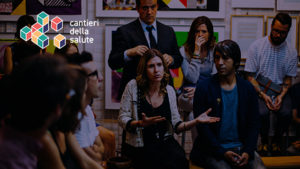
Monitoring and evaluation of the participatory processes of Cantieri della Salute in Tuscany
-

Market analysis to foster employment of young people in Mali
-
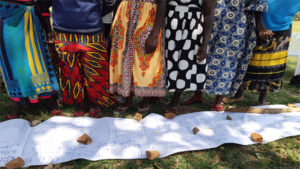
Action – Research to foster community health insurance for women in Sédhiou, Senegal
-
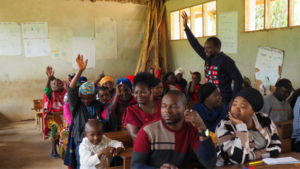
No One Left Behind: an Emancipatory Research for young people with disabilities in Tanzania
-
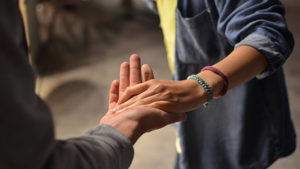
Social Board a model to contrast social exclusion, the case of Prato
-
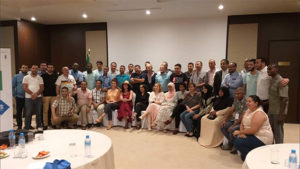
CapDeL: Incubation process for associative projects in Algeria
-

CapDeL: la ricerca al servizio dello sviluppo locale sostenibile in Algeria
-
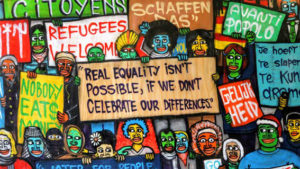
Evaluation of the SPRAR projects managed by ARCI Toscana
-

Need assessment to foster social inclusion in Tuscany
-
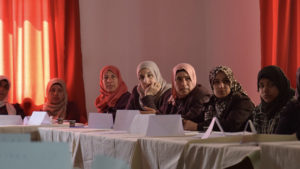
Promoting inclusive business and social entrepreneurship in Palestine
-

Final Evaluation of CBR Programme on disability and rights of persons with disabilities in Mongolia
-
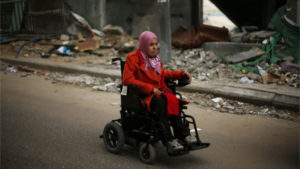
Emancipatory Research as a participatory approach to foster inclusion of women with disabilities in Palestine
-
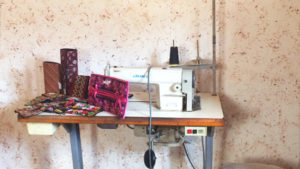
Research and consultancy for the inclusion of women with disabilities in the Gaza Strip
-
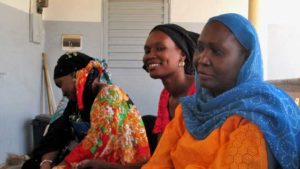
Action-Research for gender mainstreaming development in Senegal